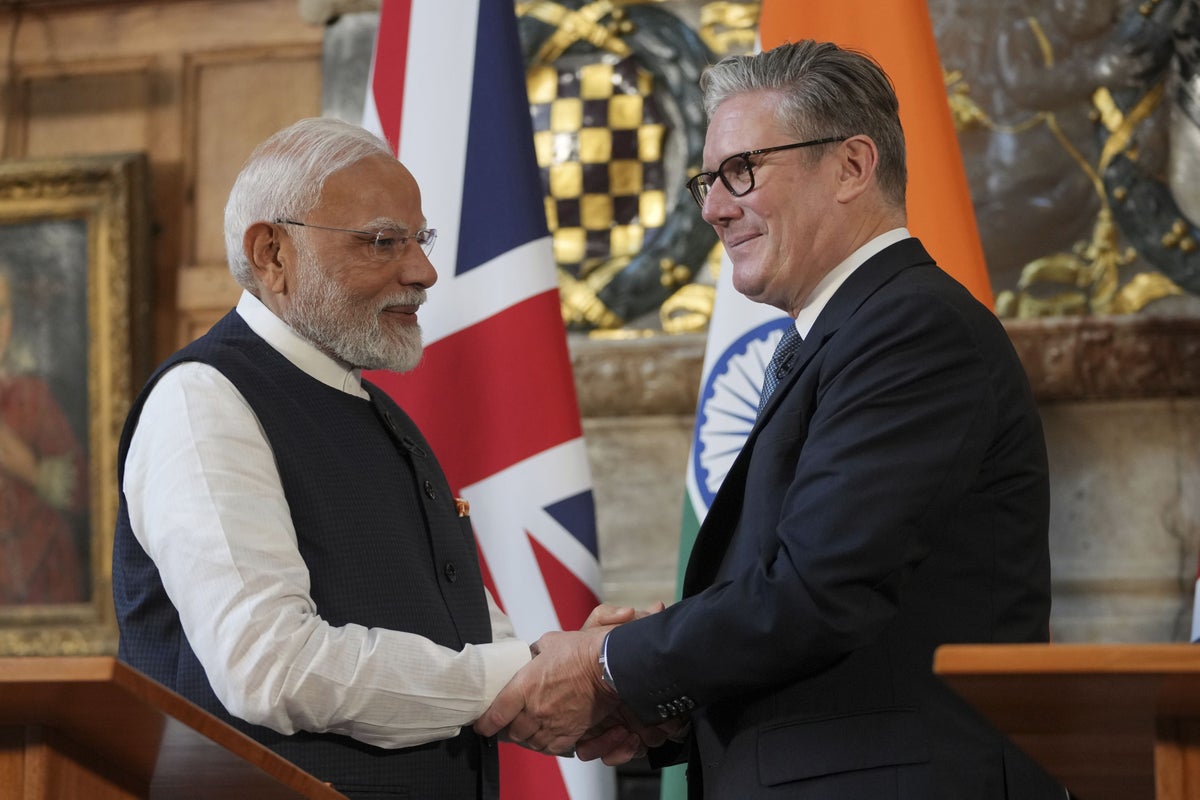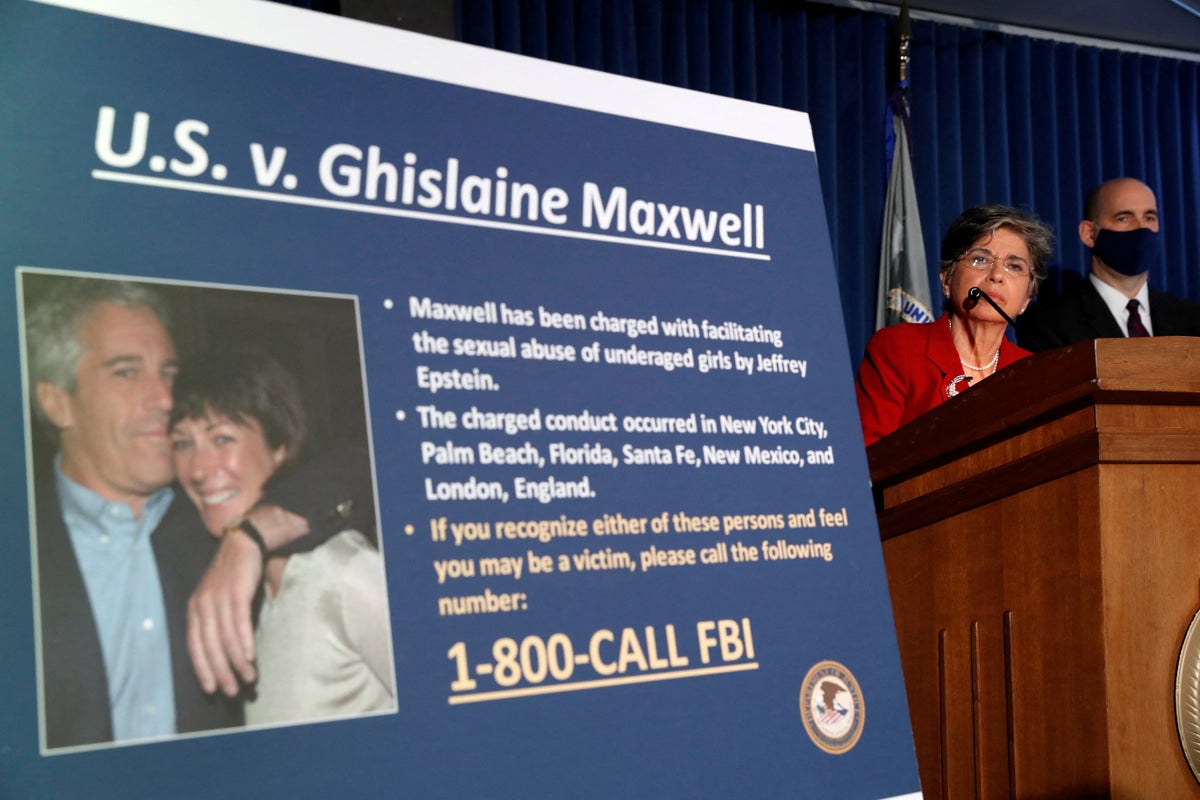Boris Johnson didn’t say which Diwali. When the architect of Brexit promised a trade deal with India “by Diwali”, he could not have imagined that the deal would actually be signed three years later by a Labour prime minister who had fought the 2019 election on a promise of a second referendum to try to keep Britain in the EU.
It is a paradox that two of the few achievements of Keir Starmer’s premiership were made possible by something that he so tenaciously opposed as the shadow minister responsible for Labour’s Brexit policy.
But he is entitled to boast that he has negotiated deals where his pro-Brexit predecessors tried and failed.
Admittedly, the American deal is merely an attempt to limit the damage done by Donald Trump’s tariffs – but that is better than not limiting the damage, and it is better than the terms that would apply if we were still in the EU.
And the trade deal signed with Narendra Modi, the Indian prime minister, today is a genuine step forward. On its own, it is worth billions over time, as average tariffs charged by India on imports from the UK will drop from 15 per cent to three per cent. The potential market for Scotch whisky alone is vast, in a country that loves the stuff despite large parts of it being teetotal.

This deal may be even more significant in the long term as a first step towards preferential access to the market of the most populous country in the world, whose economy is growing fast.
Starmer’s opponents will find fault, but they are likely to tie themselves in knots in the attempt. The Conservatives cannot seriously criticise a deal, much of which was negotiated by them in government. Apparently, one crucial breakthrough in the negotiations between Jonathan Reynolds, the trade secretary, and Piyush Goyal, his Indian opposite number, came when Reynolds finally signed off unchanged on everything that had already been agreed by Kemi Badenoch, his predecessor.
One of the sticking points under the Tories was that India sought more visas to allow workers to come to the UK on short-term contracts. This would also have been an obvious opportunity for Nigel Farage to attack the deal if Labour had agreed to a big increase. But Reynolds didn’t. Instead, he and Goyal settled on a tiny gesture, allowing 1,800 extra visas a year for Indian “chefs, musicians and yogis”.
The Conservatives and Reform have tried to make an issue of a reciprocal social insurance agreement, by which Indian workers on short-term contracts in the UK would not be taxed twice on their earnings. This was trumpeted in the anti-Labour press as favourable tax treatment for immigrants, but it is no such thing: it is an agreement that temporary workers who pay social insurance in India would not also have to pay national insurance contributions here.
In any case, that particular side deal has not been finalised, so the play-acting indignation of Badenoch and Farage should be on hold.
Today, the leader of the opposition and the leader of the real opposition should take time out from talking the country down to congratulate the prime minister on negotiating a deal that is in the national interest.
They would not need to point out that it would be even more in the national economic interest to make trade easier with the EU. They would not be expected to congratulate Starmer on the progress he has made on that front, with the hope that an actual deal with the EU could be signed by the end of this year that would, like the Indian and US deals, give Britain a small but significant economic boost.
But Badenoch and Farage should praise the prime minister today, and agree that, if we are going to be out of the EU, we should at least make use of Brexit freedoms to secure preferential trade deals where we can.


